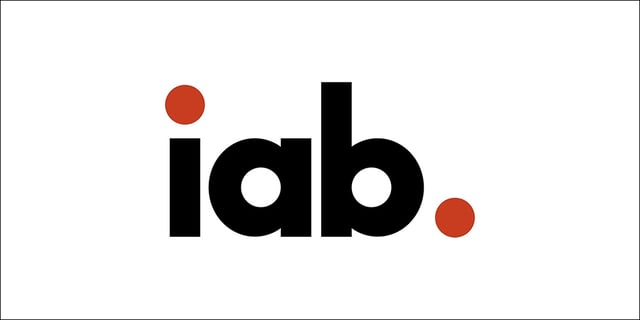
This week's review of ad fraud and quality in the digital advertising space.

Advertising Age has reported that Google will issue full refunds to DoubleClick Bid Manager users when ad fraud occurs. "The news comes a few weeks after The Wall Street Journal reported that Google was issuing refunds to advertisers whose ads reached bots instead of humans, but only for its fees of 7 percent to 10 percent, not the whole cost of wasted ad spending," wrote Advertising Age.
The article added: "The new policy only applies to inventory acquired through Google supply partners AppNexus, Index Exchange, OpenX, Teads, Telaria and DoubleClick Ad Exchange, though Google estimates they, along with others, comprise 90% of the available inventory on DoubleClick Bid Manager. It takes effect sometime in the coming months."


The IAB Tech Lab this week announced the launch of a working group meant to "explor[e] ways to leverage blockchain to improve efficiency and value realization in digital advertising." The IAB added: "The initial areas of scope are fraud, measurement, discrepancy reconciliation for billing purposes, financial transactions, and validation of advertising resources and assets."

Digiday has reported that ad-buyers are taking well to the recent announcements from OpenX, AppNexus and Rubicon Project regarding increased transparency into auction mechanics. "Digiday spoke to five ad buyers who said this is a good first step toward fixing a basic problem in programmatic buying," wrote Digiday. The problem has been that ad-buyers often don't even know what type of auction they are bidding in, per Digiday.

Marketing Week details how brands are taking back more control over their digital ad budgets as transparency, trust, and quality remain paramount topics. Citing a World Federation of Advertisers (WFA) study, Marketing Week writes, "65% [of brands] have improved their internal capabilities – such as hiring a head of programmatic – around brand safety over the last 12 months. Some 40% are developing in-house resource[s] to help tackle ad fraud, with 34% saying they started doing this within the last 12 months and just 6% saying they were already doing it 12 months ago."
Sign up for our blog to stay updated with new stats, trends, and analysis on digital ad fraud.
*By entering your email address and clicking Subscribe, you are agreeing to our Terms of Use and Privacy Policy.
These Stories on Weekly Recaps
*By entering your email address and clicking Subscribe, you are agreeing to our Terms of Use and Privacy Policy.

Disclaimer: The content of this page reflects Pixalate’s opinions with respect to the factors that Pixalate believes can be useful to the digital media industry. Any proprietary data shared is grounded in Pixalate’s proprietary technology and analytics, which Pixalate is continuously evaluating and updating. Any references to outside sources should not be construed as endorsements. Pixalate’s opinions are just that - opinion, not facts or guarantees.
Per the MRC, “'Fraud' is not intended to represent fraud as defined in various laws, statutes and ordinances or as conventionally used in U.S. Court or other legal proceedings, but rather a custom definition strictly for advertising measurement purposes. Also per the MRC, “‘Invalid Traffic’ is defined generally as traffic that does not meet certain ad serving quality or completeness criteria, or otherwise does not represent legitimate ad traffic that should be included in measurement counts. Among the reasons why ad traffic may be deemed invalid is it is a result of non-human traffic (spiders, bots, etc.), or activity designed to produce fraudulent traffic.”

